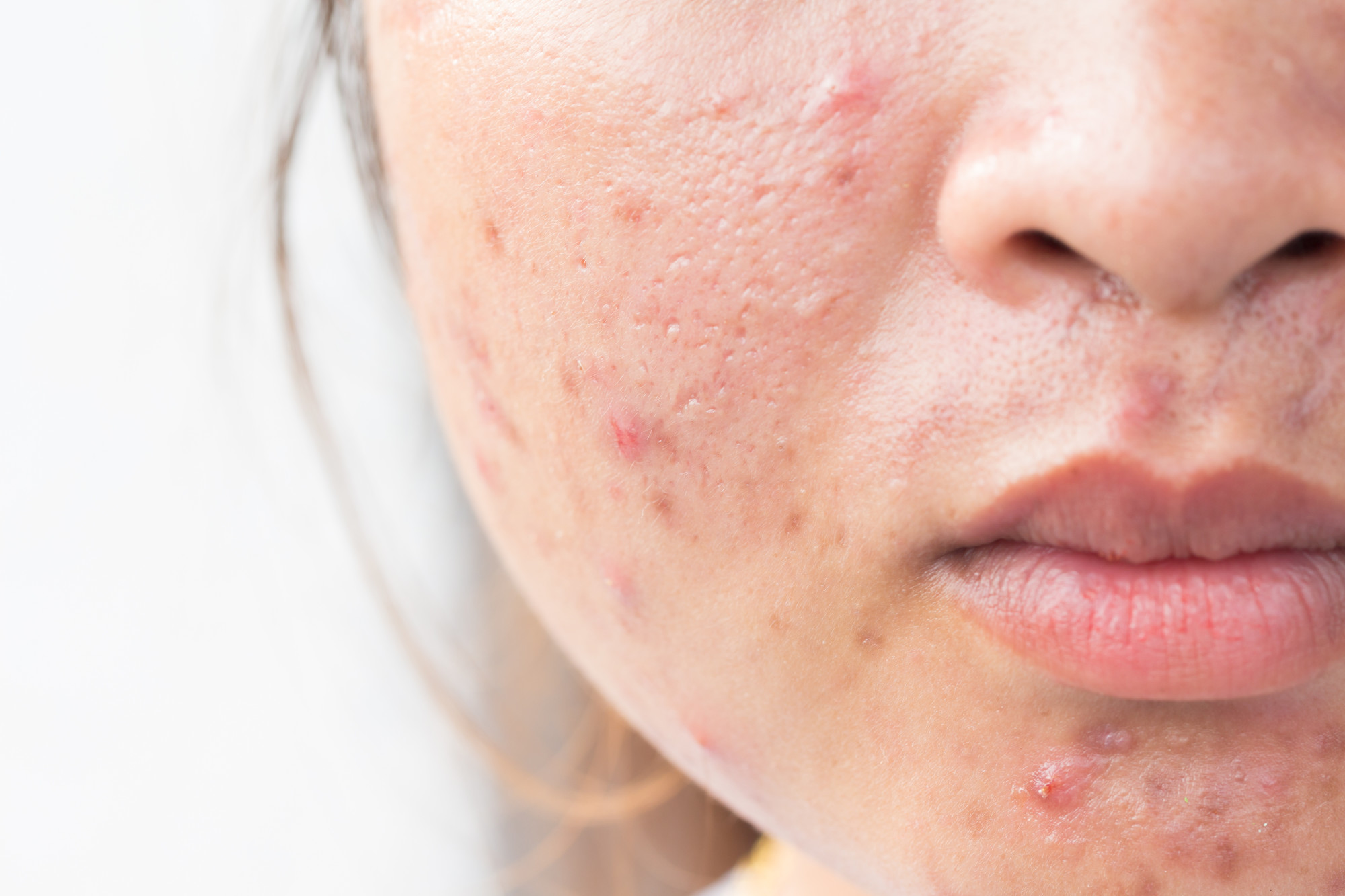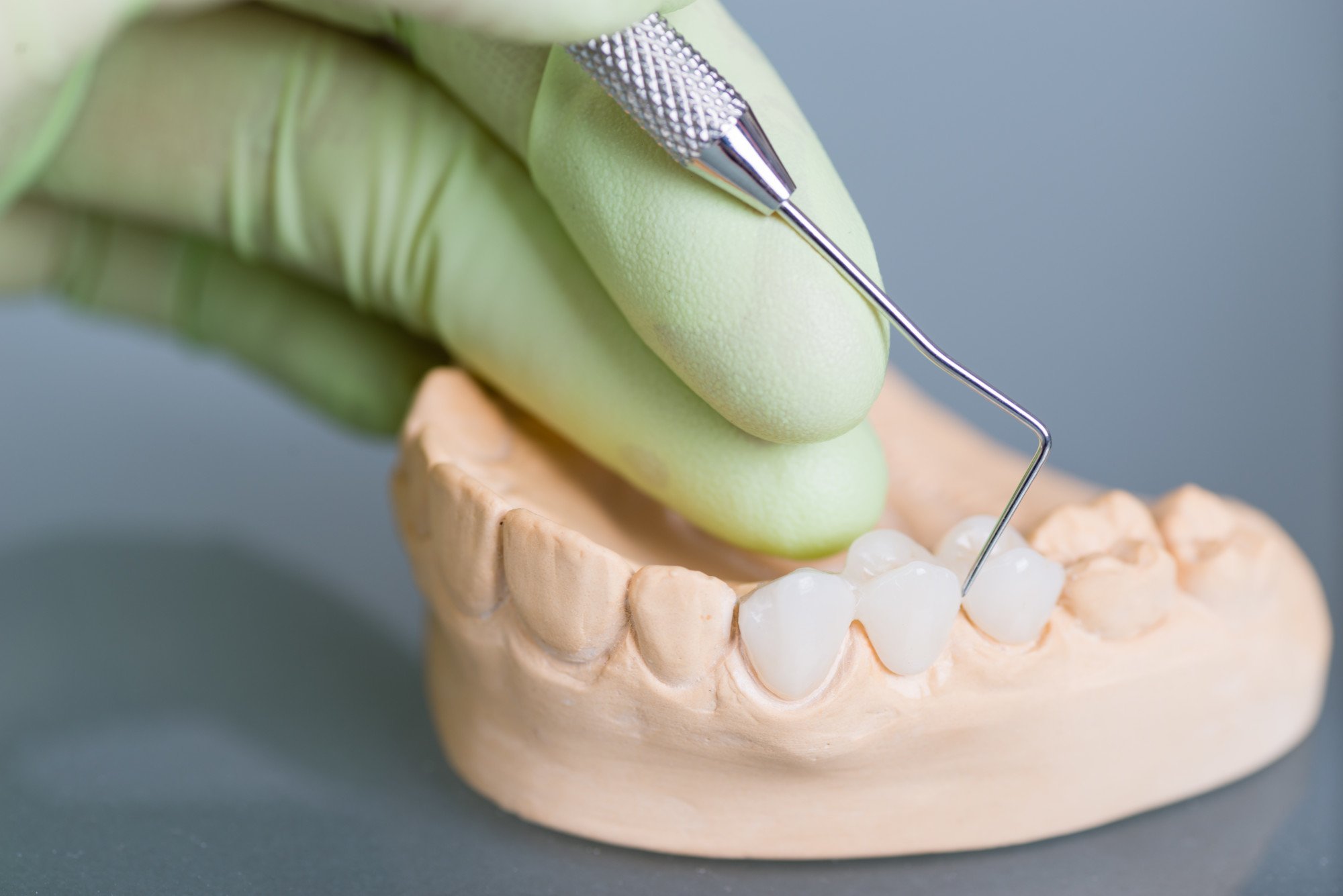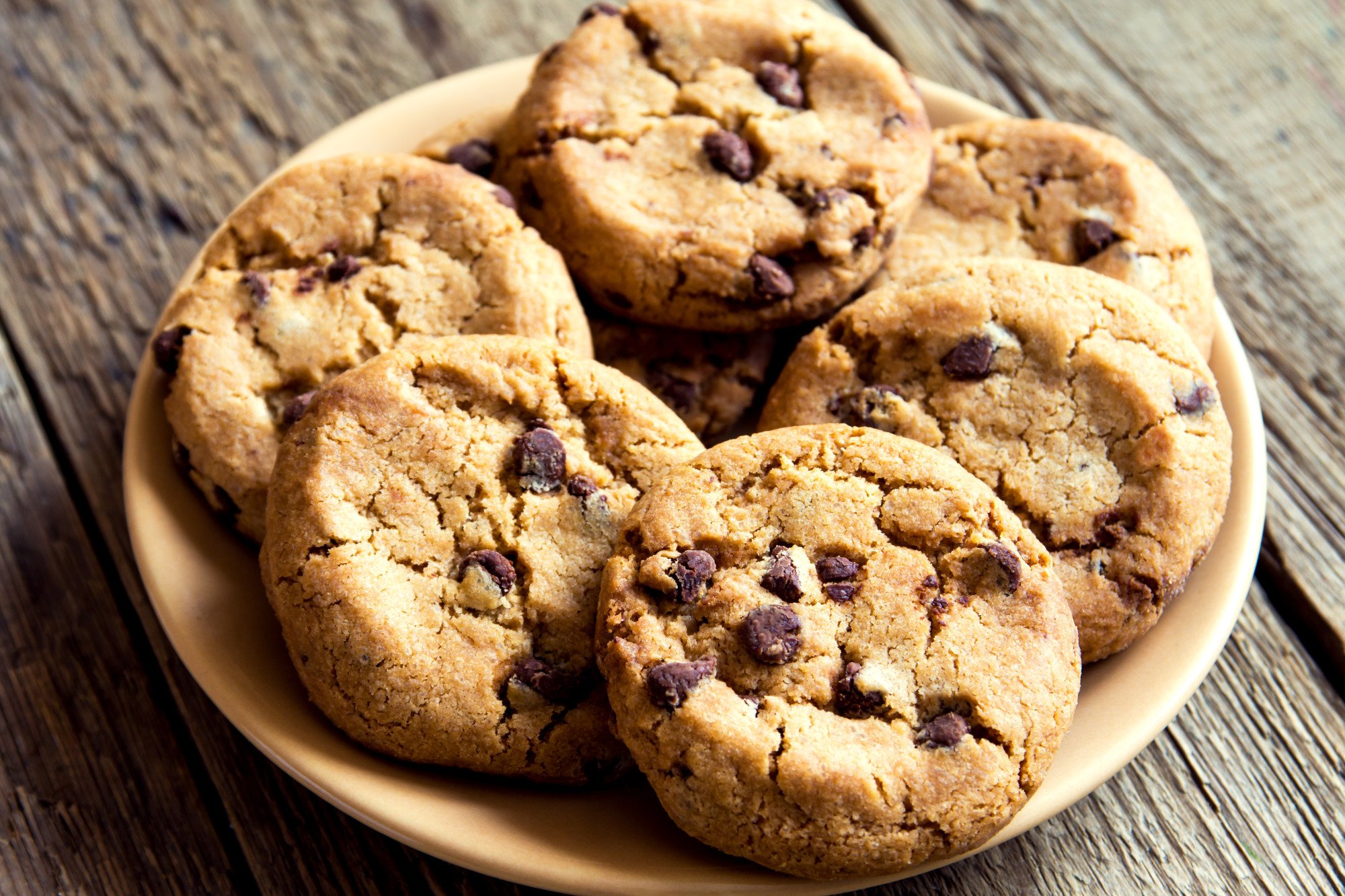
Although acne can affect anyone at any age, the average age an individual experiences their first outbreak is 14 to 17.
Do you and your loved ones need help figuring out how to treat your acne? What if you could find out ways to prevent and treat acne from the inside out, all in one spot? Now you can!
In this article, you can learn more about acne and diet. Find out how diet can affect your skin for good and some common culprits of bad skin acting up.
What is Acne?
People suffer from acne when their hair follicles become clogged with oil and dead skin cells. They would usually appear as pimples, blackheads, and whiteheads and can occur on the following:
- face
- neck
- chest
- back
- shoulders
Acne can range from mild to severe and can be caused by a variety of factors, including, hormonal imbalances, genetics, and certain medications. While acne is most commonly associated with adolescence, it can occur at any age.
While it is not a serious health condition, it can be distressing and affect self-esteem. Acne treatment options include topical medications, oral medications, and lifestyle changes. If you’re struggling with acne, it’s a good idea to visit an acne treatment center and consult a dermatologist for personalized advice on how to best manage your skin.
How Does Diet Affect the Skin?
Diet plays an important role in skin health. The foods we eat provide the nutrients our skin needs to maintain its health and appearance.
Nutrient deficiencies can lead to a variety of skin problems, including dryness, acne, and premature aging. Additionally, certain foods can trigger inflammation in the body, which can worsen skin conditions such as acne, rosacea, and psoriasis.
Eating a well-balanced diet that includes a variety of nutrient-rich foods is essential for maintaining healthy, glowing skin.
Best Foods for Acne
Eating a well-balanced diet that includes plenty of nutrient-rich foods can help improve the appearance of acne-prone skin. Here are some of the best foods to incorporate into your diet for clearer skin:
Fatty Fish
Fatty fish such as mackerel, salmon, and sardines offers lots of omega-3 fatty acids, which are essential for healthy skin. These healthy fats can help reduce inflammation in the body, which is a major contributor to acne. Omega-3 fatty acids can also help regulate the production of sebum, the oil that can clog pores and lead to breakouts.
Nuts and Seeds
Nuts and seeds are rich in vitamins, minerals, and antioxidants that can help support healthy skin. Nuts, such as almonds and walnuts, are high in vitamin E, which can help protect the skin from damage and support skin repair. Seeds, such as chia and flaxseeds, are rich in omega-3 fatty acids, which can help reduce inflammation and improve skin health.
Colorful Fruits and Vegetables
Colorful fruits and vegetables are some of the best foods to incorporate into your diet for clearer skin, especially those high in vitamins A, C, and E, as well as antioxidants. These include berries, oranges, sweet potatoes, and leafy greens.
These nutrients can help reduce inflammation and support healthy skin by protecting against oxidative stress caused by free radicals. Additionally, the fiber in fruits and vegetables can help remove toxins from the body, which can contribute to clearer skin.
Whole Grains
Whole grains such as brown rice, quinoa, and oats are rich in fiber, vitamins, and minerals, which can help reduce inflammation in the body. They also have a low glycemic index, meaning they won’t cause a sudden spike in blood sugar levels, which can contribute to acne development.
Probiotic-Rich Foods
Probiotic-rich foods ,such as yogurt, kefir, and kombucha, contain beneficial bacteria that can help balance the bacteria in your gut, which can help reduce inflammation and improve skin health. A healthy gut microbiome is linked to overall skin health, and probiotics have been shown to help reduce the severity of acne.
Worst Foods for Acne
When it comes to acne and diet, many people focus on what foods to avoid. Certain foods can exacerbate acne by increasing inflammation in the body or by spiking insulin levels. Here are some of the worst foods to avoid if you’re struggling with acne:
Processed Foods
Processed foods, such as white bread, candy, and soda, are high in refined carbohydrates and sugar, which can increase insulin levels and promote inflammation in the body. This can lead to the production of excess oil and inflammation in the skin, contributing to acne.
Additionally, processed foods are often low in nutrients and fiber, which are essential for healthy skin. Reducing your intake of processed foods and opting for whole, nutrient-dense foods can help improve the appearance of acne-prone skin.
Dairy Products
Dairy products are considered one of the worst foods for acne-prone skin. This is because dairy products can increase the production of hormones, such as insulin-like growth factor 1 (IGF-1) and androgens, which can contribute to the development of acne.
Additionally, dairy products can also be a source of inflammation in the body, which can worsen acne. If you’re struggling with acne, it may be worth considering cutting back on dairy products or eliminating them from your diet to see if it makes a difference in your skin health.
High-Fat Foods
Eating foods that are high in saturated and trans fats, such as fried foods and fast food, can increase inflammation in the body, which can lead to more acne. Additionally, high-fat diets have been shown to increase sebum production in the skin, which can contribute to the development of acne. To help manage acne, it’s best to avoid high-fat foods and instead focus on consuming a diet that’s high in nutrient-rich foods like fruits, vegetables, and lean protein sources.
Spicy Foods
The capsaicin found in spicy foods can cause inflammation and irritation in the skin, which can exacerbate acne. Additionally, spicy foods can increase blood flow to the skin, which can make acne appear more red and inflamed. While some people may not have any issues with spicy foods, others may find that they worsen their acne symptoms.
Learn More About Acne and Diet
Acne and diet go hand in hand; it is important to know what foods to avoid and what foods to eat in order to minimize breakouts. Visit a dermatologist or nutritionist today to get more specific advice on how to create an individualized eating plan that can reduce acne and help you maintain healthy skin.
We have plenty of informative articles available to you throughout our site. Check them out!





